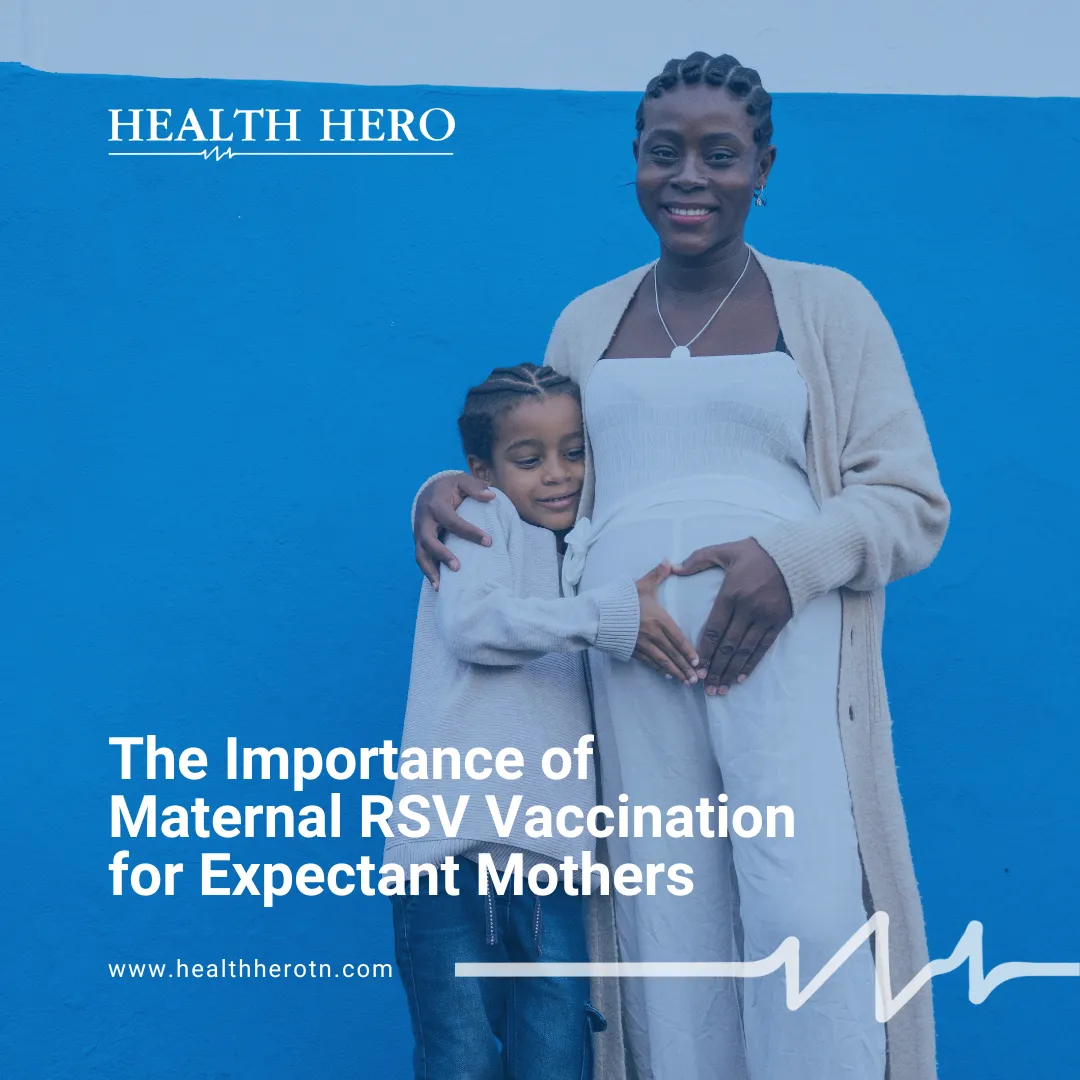With temperatures beginning to dip and the holidays fast approaching, it’s the best time to consider vaccinations against viruses that circulate when we’re gathering indoors and traveling.
Why Get Vaccinated Now?
Around this time of year, cases of flu and COVID-19 start to rise around Thanksgiving, with peak season hitting in January. Getting vaccinated sooner helps your body build immunity before these viruses spread; immunity typically takes about two weeks after each shot. With the holiday season approaching, getting vaccinated ahead of any potential travel is especially important, as viruses can spread quickly in these settings.
Who Should Get Vaccinated?
The Centers for Disease Control and Prevention (CDC) recommends getting an annual flu shot and COVID-19 vaccine starting at six months of age and older. Pregnant individuals should also get vaccinated, as it protects them and provides some immunity to newborns. It’s particularly important to ensure your children are vaccinated, as the CDC recorded nearly 200 child deaths from the flu last year.
The Flu Vaccine
Flu shots are recommended for everyone aged six months and older, with special high-dose or immune-boosted options available for people aged 65 and older. If you or your children are uncomfortable with needles or have specific health concerns, talk to your healthcare provider about finding the right flu vaccine option.
The RSV Vaccine
RSV, or respiratory syncytial virus, can be severe for young children. While RSV usually feels like a cold for most, it can result in hospitalization each winter. The CDC recommends the RSV vaccine for infants younger than 8 months born during or are entering their first RSV season. High-risk individuals aged 60 to 74 and those aged 75 and older are also encouraged to get vaccinated. Pregnant individuals are advised to get the RSV vaccine to protect babies born in the fall and winter.
Can You Get All Three Vaccines at Once?
If you’re eligible, it’s safe to get your RSV, flu, and COVID-19 shots in one visit. Although you might experience a sore arm or mild side effects, the convenience and protection outweigh the temporary discomfort.
Additional Ways to Protect Yourself
In addition to getting vaccinated, there are other steps you can take to protect yourself from respiratory illnesses:
● Stay home when sick
● Practice good hygiene, like frequent handwashing
● Consider wearing a mask and maintaining physical distance in crowded settings
These simple steps can reduce your chances of contracting a respiratory virus during the season’s peak.
Making the Choice for Your Family
Getting vaccinated offers an unmatched layer of defense against severe illness. Last year, fewer than half of adults received a flu vaccine, and only 23% got a COVID-19 shot, allowing these viruses to continue causing hospitalizations and deaths through winter. With Thanksgiving and the holidays approaching, it’s a good time to make a plan to get your vaccines. Doing so can lower your risk of severe illness and help reduce the spread of these viruses this season.
Sources:
CDC: Getting Your Immunizations for the 2024–2025 Fall and Winter Virus Season
CDC: RSV Immunization Guidance for Infants and Young Children

